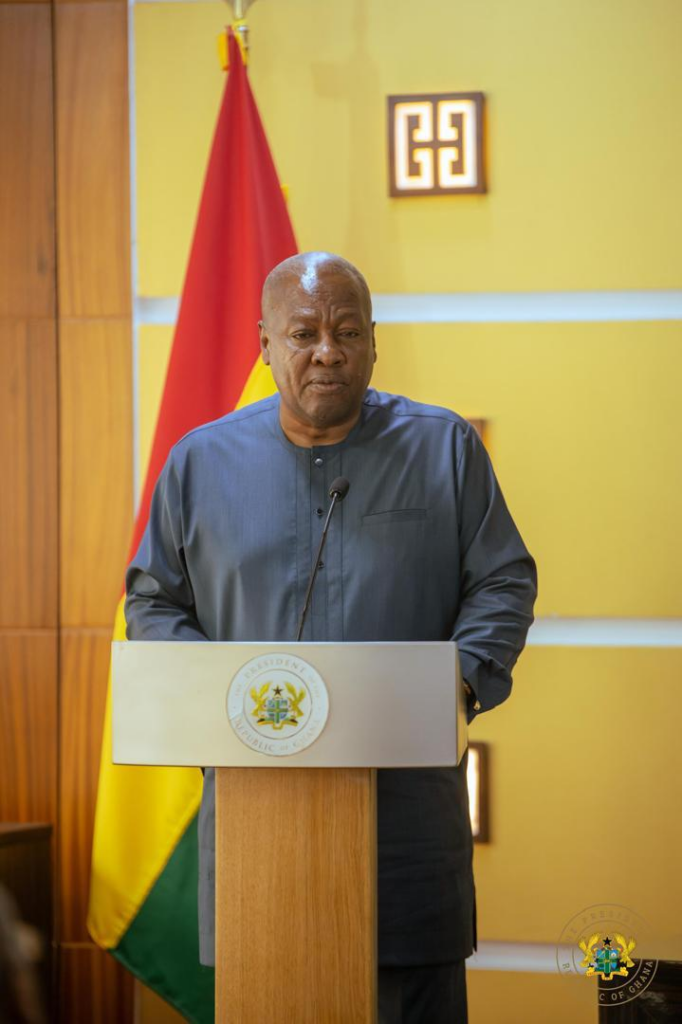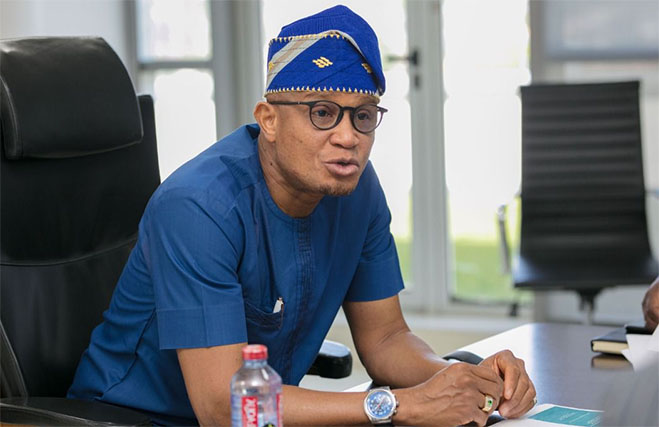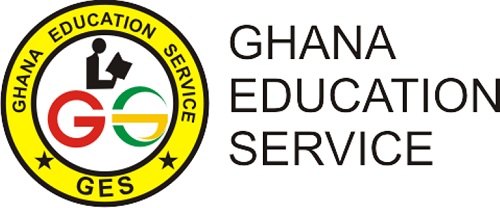President John Dramani Mahama on Wednesday reaffirmed his administration’s commitment to aggressively expand Ghana’s infrastructure footprint, unveiling plans to commence construction of the long-awaited Greater Kumasi Bypass and the Accra–Kumasi Expressway under his flagship $10 billion “Big Push” agenda.
Speaking during a tour of the Ashanti Region—his first major regional engagement since securing reelection in December 2024—Mahama positioned the infrastructure program as a centerpiece of his second-term economic strategy.
“The World Bank estimates Ghana faces an annual infrastructure deficit of $1.5 billion,” Mahama said at Kumasi’s Jubilee Park. “Our ‘Big Push Agenda’ will inject $2 billion a year over five years to close that gap and unlock national productivity.”
Central to this initiative is the Greater Kumasi Bypass, a major roadway project aimed at easing chronic traffic congestion in Ghana’s second-largest city. Mahama also reiterated his pledge to complete the Accra–Kumasi Expressway—an ambitious transport corridor that would reduce travel distance between the two cities by roughly 50 kilometers.
“Feasibility and design works are currently underway,” the president noted, adding that sod-cutting for the expressway is expected in early 2025. “This is a critical project for national cohesion, commerce, and mobility.”
Mahama’s tour included inspections of long-delayed regional projects, including the Krofrom Market—abandoned since 2007—and the Kumasi Central Market, where he pledged operational completion by end-2026.
Also on the president’s priority list: finalizing construction at the Mamponteng and Kejetia markets, the Afari Military Hospital, Sewua Regional Hospital, and the Komfo Anokye Maternity and Children’s Block. The Suame Interchange and the Boankra Inland Port, both strategic logistics assets, are also slated for completion.
In addition to urban projects, Mahama promised rehabilitation of roads in Tepa, Adansi, and Manso, and a facelift for the Baba Yara Sports Stadium.
Addressing concerns over illegal mining—locally known as galamsey—Mahama took a hardline stance. “We are not against mining,” he said. “But we are against illegal and environmentally destructive practices. My government will promote sustainable, lawful mining.”
Mahama’s infrastructure push comes amid broader efforts to reboot the Ghanaian economy, which has struggled with high debt, inflationary pressures, and a depreciating cedi in recent years. His administration is banking on infrastructure-led growth to generate jobs and improve trade logistics across the country.













